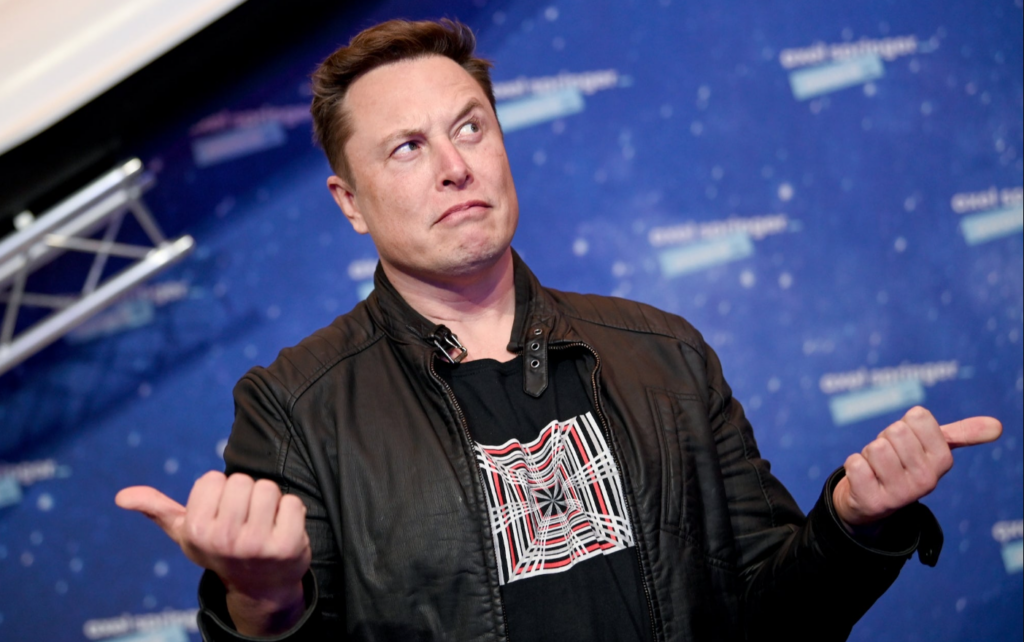
Elon Musk, the billionaire owner of Twitter, is once more blaring alarm sirens about the dangers of artificial intelligence to humanity, and alleging that a popular chatbot has a liberal bias that he plans to combat with his own artificial intelligence creation.
Musk told Fox News host Tucker Carlson in a segment that aired on Monday night that he intends to create an alternative to the popular AI chatbot ChatGPT called “TruthGPT” that will be a “maximum truth-seeking AI that attempts to comprehend the nature of the universe.”
Musk stated that an AI that desires to comprehend humanity is less likely to eliminate it.
Musk further expressed concern that ChatGPT “is being trained to be politically correct.”

Musk advocated for regulation of artificial intelligence in the first of a two-part interview with Carlson, describing himself as a “big fan.” He stated that artificial intelligence is “more dangerous” than automobiles or missiles and has the potential to eliminate humanity.
Musk has incorporated a new company with the name X.AI Corp, according to a Nevada business filing. The Nevada secretary of state’s website indicates that the company was established on March 9 and lists Musk as its director and longstanding adviser Jared Birchall as its secretary.
Musk has expressed strong opinions about artificial intelligence for many years and has dismissed other tech executives, including Mark Zuckerberg and Bill Gates, as having “limited” knowledge of the field.
Musk invested early in ChatGPT’s OpenAI.
Musk was an early investor in OpenAI, the startup behind ChatGPT, and co-chaired its board upon its establishment in 2015 as a non-profit artificial intelligence research center. Musk resigned from the board in early 2018 in a move that the San Francisco startup attributed to Tesla’s work on the development of automated driving systems.

“As Tesla continues to increase its focus on AI, this will eliminate a potential future conflict for Elon,” OpenAI wrote in a blog post from February 2018.
“I came up with the name and the concept,” Musk told Carlson, lamenting that OpenAI is now closely affiliated with Microsoft and is no longer a non-profit organization.
Musk elaborated on his 2019 departure, explaining that it was also due to his need to concentrate on engineering issues at Tesla and disagreements with OpenAI’s leaders. It was “just better to part ways on good terms,” he stated.
Musk tweeted, “Tesla was competing for some of the same people as OpenAI, and I disagreed with some of what the OpenAI team wanted to do.”
However, there have been concerns about the efficacy of Tesla’s AI systems. U.S. safety regulators announced a probe into a fatal accident involving a Tesla suspected of using an automated driving system when it collided with a stationary firetruck in California last month.
The investigation into firetrucks is part of a larger investigation by the agency into multiple instances of Teslas equipped with the automaker’s Autopilot system colliding with stationary emergency vehicles responding to other accidents. In the past year, the NHTSA has become more aggressive in its pursuit of Tesla safety issues, announcing multiple recalls and investigations.
In the year following Musk’s departure from the board, OpenAI was still a long way from working on ChatGPT, but it unveiled the first generation of its GPT system, the foundation of ChatGPT, and began a significant transition to become a for-profit business.
“OpenAI should be more open” while observing that he had “no control & only very limited insight” into it.
He has at times been complimentary. In the days following the publication of ChatGPT on November 30, Musk tweeted to OpenAI CEO Sam Altman that it is “scary good” and bemoaned the lack of coverage by the media because “ChatGPT is not a far-left cause.”
Since then, however, Musk has repeatedly cited instances that, according to him, demonstrate left-wing bias or censorship. Similar to other chatbots, ChatGPT employs filters to prevent it from disseminating harmful or offensive responses.
